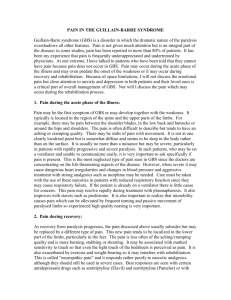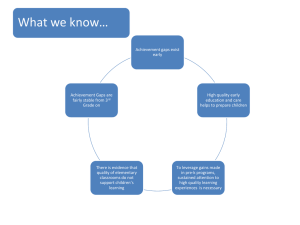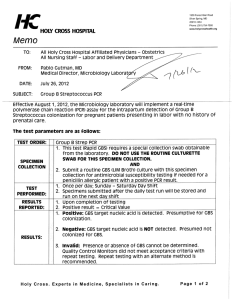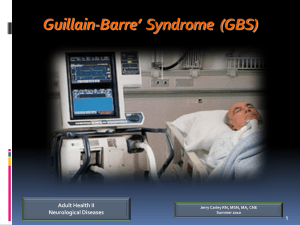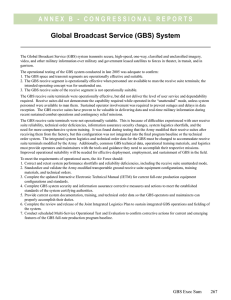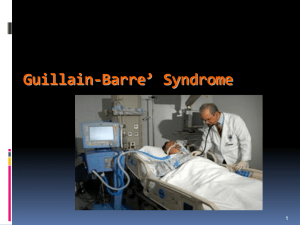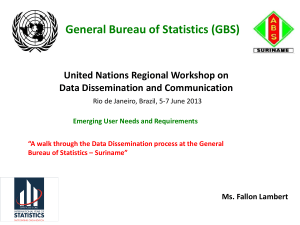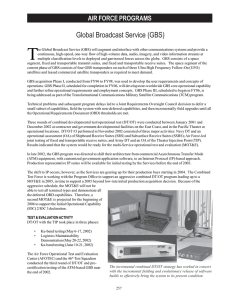The Great Body Shop is a comprehensive health education
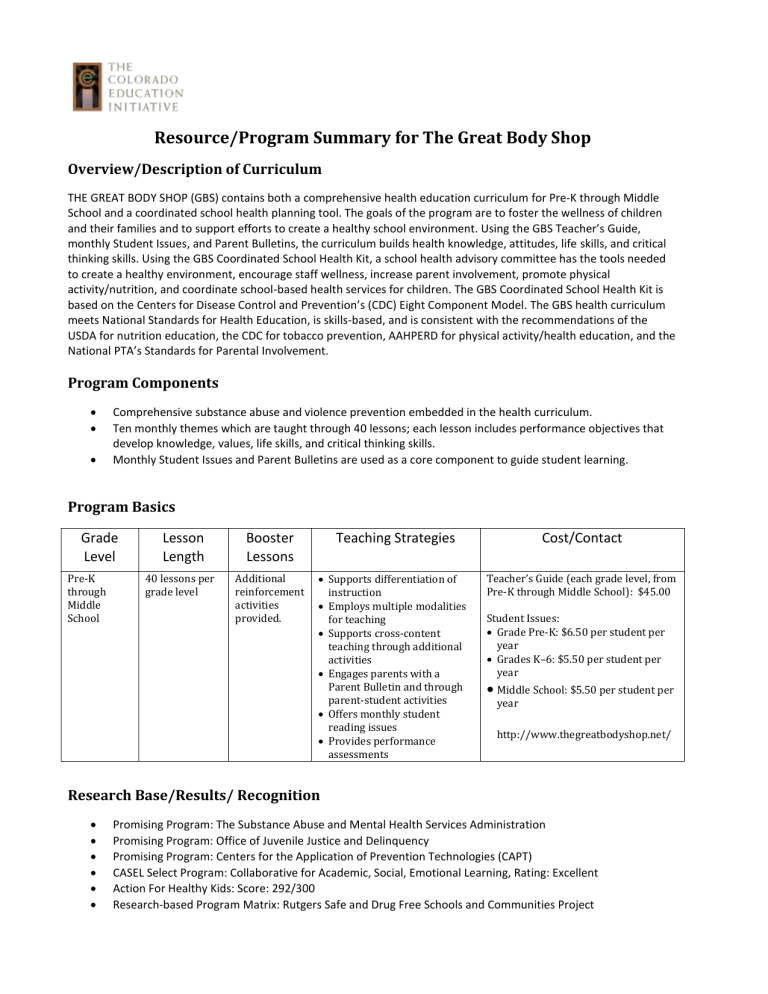
Resource/Program Summary for The Great Body Shop
Overview/Description of Curriculum
THE GREAT BODY SHOP (GBS) contains both a comprehensive health education curriculum for Pre-K through Middle
School and a coordinated school health planning tool. The goals of the program are to foster the wellness of children and their families and to support efforts to create a healthy school environment. Using the GBS Teacher’s Guide, monthly Student Issues, and Parent Bulletins, the curriculum builds health knowledge, attitudes, life skills, and critical thinking skills. Using the GBS Coordinated School Health Kit, a school health advisory committee has the tools needed to create a healthy environment, encourage staff wellness, increase parent involvement, promote physical activity/nutrition, and coordinate school-based health services for children. The GBS Coordinated School Health Kit is based on the Centers for Disease Control and Prevention’s (CDC) Eight Component Model. The GBS health curriculum meets National Standards for Health Education, is skills-based, and is consistent with the recommendations of the
USDA for nutrition education, the CDC for tobacco prevention, AAHPERD for physical activity/health education, and the
National PTA’s Standards for Parental Involvement.
Program Components
Comprehensive substance abuse and violence prevention embedded in the health curriculum.
Ten monthly themes which are taught through 40 lessons; each lesson includes performance objectives that develop knowledge, values, life skills, and critical thinking skills.
Monthly Student Issues and Parent Bulletins are used as a core component to guide student learning.
Program Basics
Grade
Level
Pre-K through
Middle
School
Lesson
Length
40 lessons per grade level
Booster
Lessons
Additional reinforcement activities provided.
Teaching Strategies
Supports differentiation of instruction
Employs multiple modalities for teaching
Supports cross-content teaching through additional activities
Engages parents with a
Parent Bulletin and through parent-student activities
Offers monthly student reading issues
Provides performance assessments
Research Base/Results/ Recognition
Cost/Contact
Teacher’s Guide (each grade level, from
Pre-K through Middle School): $45.00
Student Issues:
Grade Pre-K: $6.50 per student per year
Grades K–6: $5.50 per student per year
Middle School: $5.50 per student per year http://www.thegreatbodyshop.net/
Promising Program: The Substance Abuse and Mental Health Services Administration
Promising Program: Office of Juvenile Justice and Delinquency
Promising Program: Centers for the Application of Prevention Technologies (CAPT)
CASEL Select Program: Collaborative for Academic, Social, Emotional Learning, Rating: Excellent
Action For Healthy Kids: Score: 292/300
Research-based Program Matrix: Rutgers Safe and Drug Free Schools and Communities Project
Program Standards Alignment
Prepared
Graduate
Competencies
Healthy Eating
PK
NA
K
1
1
1
NA NA NA Sexual Health
Health
Promotion
Emotional and
Social Wellness
Alcohol, Tobacco, and Other Drug
Prevention
Violence
Prevention
Safety
1
NA
NA
NA
1
1
1
1
1
1
2
1
NA
1
1
2
2
NA
2
2
2
2
1
3
2
NA
NA
1
2
1
1
Grade Level
4
1
NA
2
2
2
2
2
1
2
5
1
1
2
2
1
2
2
6
2
2
2
1
1
7
2
2
NA
1
2
NA
2
8
NA
2
2
1
2
2
2
Program Standards Alignment key:
1 - Completely addresses Grade Level Expectations to mastery
2 - GLE is addressed with minor adaptations
3 - GLE is addressed with significant adaptations
4 - The GLE is not addressed
To fully address the health education standards, additional optional reinforcement activities need to be taught.
See alignment matrix at
http://coloradoedinitiative.org/our-work/health-and-wellness/chpe
.
Summary
The Great Body Shop is a comprehensive health education curriculum that, with minor adaptations, addresses the
Colorado Comprehensive Health Education Standards. It is important to realize that certain optional reinforcement activities need to be added to the required monthly lessons to thoroughly address the standards. This will require additional teaching time beyond the regular provided lessons. The curriculum provides teachers with a wide variety of resources and materials for cross-curricular activities to engage students. The curriculum has an active parent engagement component through newsletters and parent-student activities. The curriculum has recently been updated to address the Colorado Comprehensive Health Education Standards and recent nutritional guidelines. The curriculum requires student issues to be purchased yearly.
